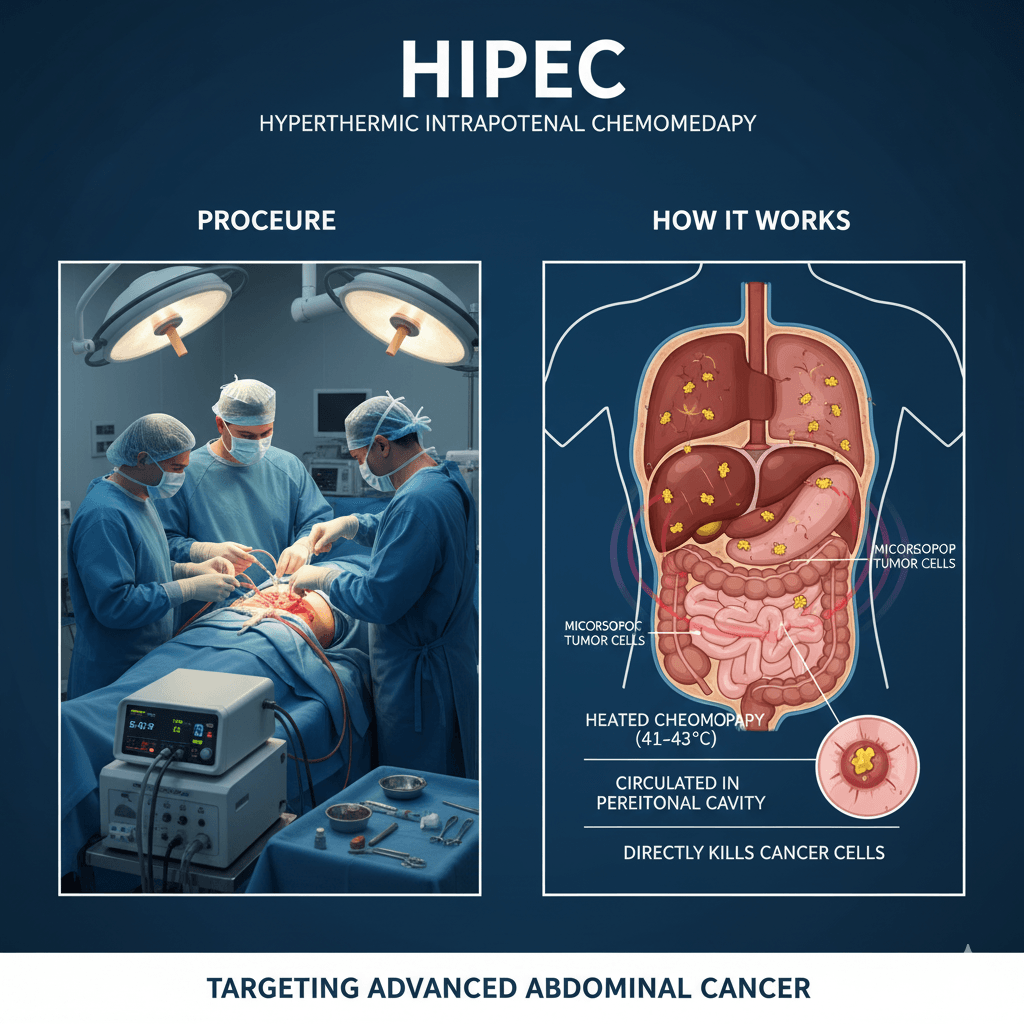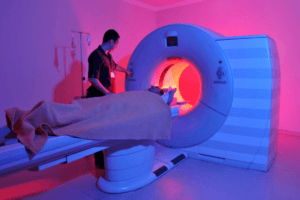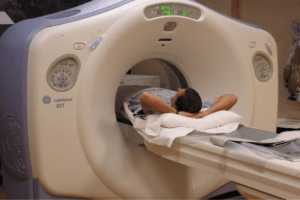
Hipec

Q1: What is Hyperthermic Intraperitoneal Chemotherapy (HIPEC)?
Hyperthermic Intraperitoneal Chemotherapy (HIPEC) is an advanced cancer treatment used to target cancers within the abdominal cavity, such as those affecting the lining of the abdomen (peritoneum). HIPEC involves delivering heated chemotherapy directly into the abdominal cavity after the surgical removal of visible tumors. The heat enhances the effectiveness of the chemotherapy, helping to kill any remaining cancer cells.
Q2: How does HIPEC work in treating cancer?
HIPEC works by combining the effects of surgery and chemotherapy. During surgery, known as cytoreductive surgery, as much of the visible tumor as possible is removed. Immediately afterward, a heated chemotherapy solution is circulated throughout the abdominal cavity. The chemotherapy is heated to around 104°F to 109°F (40°C to 43°C) to increase its potency. The heat helps the chemotherapy penetrate deeper into tissues and enhances its ability to kill cancer cells while minimizing systemic side effects.
Q3: What types of cancer can be treated with HIPEC?
HIPEC is primarily used to treat cancers that have spread to the peritoneum (the lining of the abdominal cavity), including:
- Appendiceal cancer
- Colorectal cancer
- Ovarian cancer
- Gastric (stomach) cancer
- Peritoneal mesothelioma
- Primary peritoneal carcinoma
HIPEC is often considered for patients with peritoneal carcinomatosis, where cancer has spread widely within the abdominal cavity.
Q4: What are the benefits of HIPEC?
The benefits of HIPEC include:
- Targeted chemotherapy: HIPEC delivers chemotherapy directly to the cancer site, allowing for higher drug concentrations with fewer systemic side effects.
- Enhanced effectiveness: The heat increases the effectiveness of the chemotherapy by improving drug absorption and directly killing cancer cells.
- Reduced recurrence: By targeting microscopic cancer cells left after surgery, HIPEC can help reduce the risk of cancer recurrence in the abdominal cavity.
- Minimally invasive chemotherapy: Unlike systemic chemotherapy, HIPEC minimizes exposure to the rest of the body, potentially reducing side effects like hair loss and nausea.
Q5: How is the HIPEC procedure performed?
The HIPEC procedure involves the following steps:
- Cytoreductive surgery: The surgeon removes as much of the visible tumor as possible from the abdominal cavity.
- Chemotherapy administration: After tumor removal, a heated chemotherapy solution is circulated throughout the abdominal cavity for about 60 to 90 minutes. The chemotherapy is delivered via a specialized pump system that maintains the temperature and flow of the solution.
- Drainage: The chemotherapy solution is then drained, and the surgical incisions are closed.
Q6: What are the potential side effects of HIPEC?
While HIPEC is generally well-tolerated, there are potential side effects, including:
- Pain and discomfort: Postoperative pain and discomfort are common, particularly in the abdomen.
- Fatigue: Patients may experience fatigue as they recover from surgery and the effects of chemotherapy.
- Infection: There is a risk of infection at the surgical site.
- Digestive issues: Temporary digestive problems, such as nausea, vomiting, or changes in bowel habits, may occur.
- Kidney or liver function: The kidneys or liver may be temporarily affected by the chemotherapy, requiring close monitoring.
Your healthcare team will closely monitor you during and after the procedure to manage any side effects and ensure a smooth recovery.
Q7: How do I know if HIPEC is the right treatment for me?
Whether HIPEC is suitable for you depends on several factors, including the type and extent of your cancer, your overall health, and how much of the tumor can be removed surgically. HIPEC is often considered for patients with peritoneal carcinomatosis who are healthy enough to undergo major surgery. Your oncologist and surgical team will evaluate your specific situation and discuss whether HIPEC is a good option for you.
Q8: What can I expect after HIPEC treatment?
After HIPEC, you will be closely monitored in the hospital for several days to ensure a smooth recovery. You may experience some pain and fatigue as your body heals from the surgery and chemotherapy. Most patients can return to normal activities within a few weeks to a few months, depending on the extent of the surgery and their overall health. Regular follow-up appointments and imaging tests will be scheduled to monitor your recovery and check for any signs of recurrence.
If you have more questions about Hyperthermic Intraperitoneal Chemotherapy (HIPEC) or are considering it as a treatment option, talk to your healthcare provider. They can provide detailed information and help you understand how HIPEC might fit into your overall cancer treatment plan.
Related Post


CyberKnife
August 6, 2024

Immunotherapy
August 7, 2024

MRI Linac
August 7, 2024

Gamma Knife
August 7, 2024

Cancer Screening
August 22, 2024
Gallery
Click below to book a clinic appointment
Ask More Questions Send Query On Email






